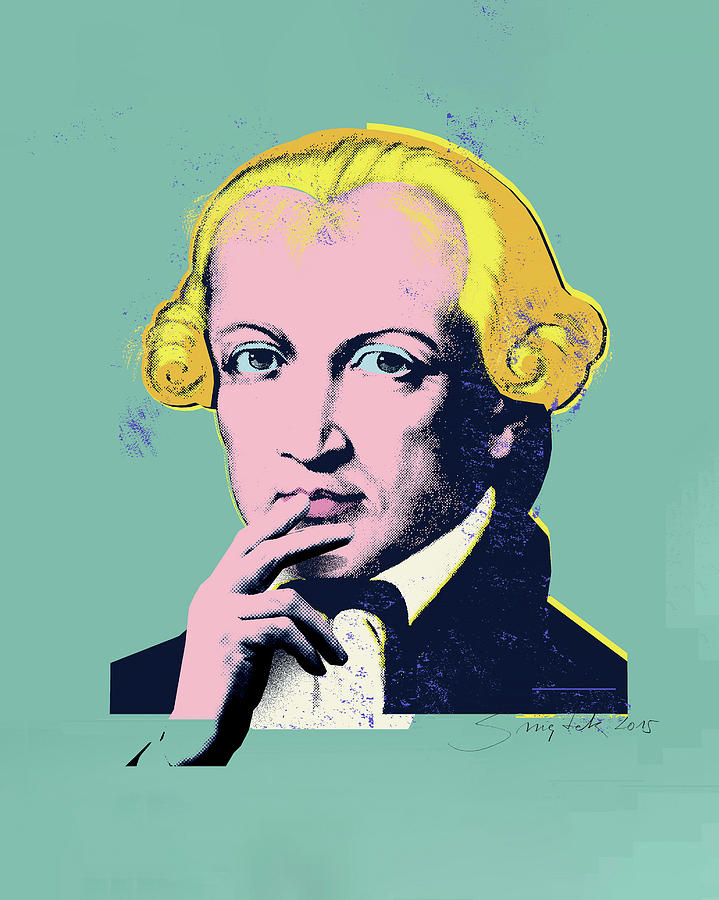Humanities
CNY Humanities Modern Philosophy Workshop
March 30, 2024 at 9:00am – March 31, 2024 at 2:30pm EDT
Tolley Building, 304
This event has already occurred. The information may no longer be valid.

The Syracuse University Department of Philosophy and CNY Humanities Corridor are proud to present a special two-day workshop featuring six presentations on topics related to modern philosophy. All talks will be held in Tolley 304. For a full schedule of events, please see below:
Saturday, March 30th
Coffee and Intros: 9:00 – 9:15 a.m.
Session I: 9:15 – 11:00 a.m.
Anja Jauernig (New York University)
“Does post-Kantian Science Refute Kant’s Theoretical Philosophy? The Case of Space”
Kant’s theoretical philosophy includes various claims that seem to be incompatible with post-Kantian science, including, most prominently, the claims that space is necessarily Euclidean, (Kant’s versions of) the Newtonian laws of mechanics are necessarily true, and geometry is a priori synthetic. The project of this paper is to assess the damage done by post-Kantian developments in the exact sciences to Kant’s theoretical philosophy, and consider various strategies that a contemporary Kantian might employ for dealing with, and possibly fixing, the damage.
Session II: 11:15 a.m. – 1:00 p.m.
Karin Nisenbaum (Syracuse University)
“Getting at the Root of Evil: Kant and Fichte on the Murderer at the Door”
In his famous essay, “On a Supposed Right to Lie from Philanthropy,” Kant argues that one is not allowed to lie, not even if a murderer comes to one’s door asking the whereabouts of their innocent victim who has taken refuge in one’s home. Many of Kant’s readers worry that his rigorism concerning the duty of truthfulness leaves us powerless in the face of evil. My aim in this paper is to reconstruct and offer a qualified defense of a Fichtean approach to the duty of truthfulness. I argue that, instead of leaving us powerless in the face of evil, the Fichtean approach gets at the root of evil. I make the case that Fichte’s prohibition against lying goes hand-in-hand with a perfectionist commitment to promote the greatest possible development of human nature, both in ourselves and in all other individuals.
Session III: 2:15 – 4:00 p.m.
Lewis Powell (University at Buffalo)
“Lockean Literalism”
In his Essay Concerning Human Understanding, John Locke labels the use of figurative language (along with any elements of style other than clarity) as an abuse of language. In this paper, I present the rudiments of Locke’s theory of language, and argue for a particular interpretation of Locke’s literalist thesis, as well as examining his motivation for endorsing it. That motive concerns ease of communication, understanding and interpretation, particularly in the transmission of knowledge. I then investigate whether the putative advantages of his approach can be defended within the Lockean framework, as well as with respect to some non-Lockean frameworks.
Session IV: 4:15 – 6:00 p.m.
Karolina Hübner (Cornell University)
“What kind of a materialist is Cavendish?”
How should we reconcile Cavendish’s simultaneous commitments to panpsychism and materialism? Their coexistence seems compatible with very different ontological pictures. The following two interpretations seem most plausible. One is to read her as a property dualist, as anticipating Locke’s speculation that God might have “superadded” mental properties to bodies. Another possibility is to read her as endorsing a version of neutral monism, on which the fundamental stuff that makes up the world is irreducibly both mental and material. Cavendish’s point would then be that, for minds like ours, both ‘mentalistic’ concepts such as “rational” and ‘physical’ concepts such as “motion” are necessary to adequately characterize fundamental reality as it is in itself.
Sunday, March 31st
Session V: 9:30 – 11:15 a.m.
Daniel Brinkerhoff (Union College)
“Marx on Alienation, Reciprocity, and Relating to Others Freely”
In this talk, I argue that Marx has an account of normatively ideal social relationships, and that his ideal isn’t reducible just to the values of autonomy or non-domination, as many argue. In addition to those values, Marx argues that good social relationships involve a non-transactional reciprocity, in which all parties are motivated to promote each other’s ends for the others’ own sake. To understand Marx’s ideal, and his account of alienation, we must take seriously the Kantian resonance of the old idea of ‘reification’: of social relations in which persons are treated as things. It turns out, I argue, that being alienated is not just being denied agency or dominated; it’s also being structurallycompelled to not treat certain persons as ends in themselves. For Marx, notions of independence from others can’t capture the full idea of relating to others freely—one needs reciprocity as well. Emancipatory political projects, I argue, should retain this idea.
Session VI: 11:30 a.m. – 1:15 p.m.
Andrew Chignell (Princeton University)
“Kant’s Liberal Approach to Metaphysics (or, what has Königsberg to do with New Jersey?)”
(Abstract pending)
This event was published on March 7, 2024.
Event Details
- Category
- Humanities
- Type
- Workshops
- Region
- Campus
- Open to
- Faculty,
- Graduate & Professional Students
- Contact
- Alanis Hamblin
aehambli@syr.edu
315.443.2245
- Accessibility
- Contact Alanis Hamblin to request accommodations
